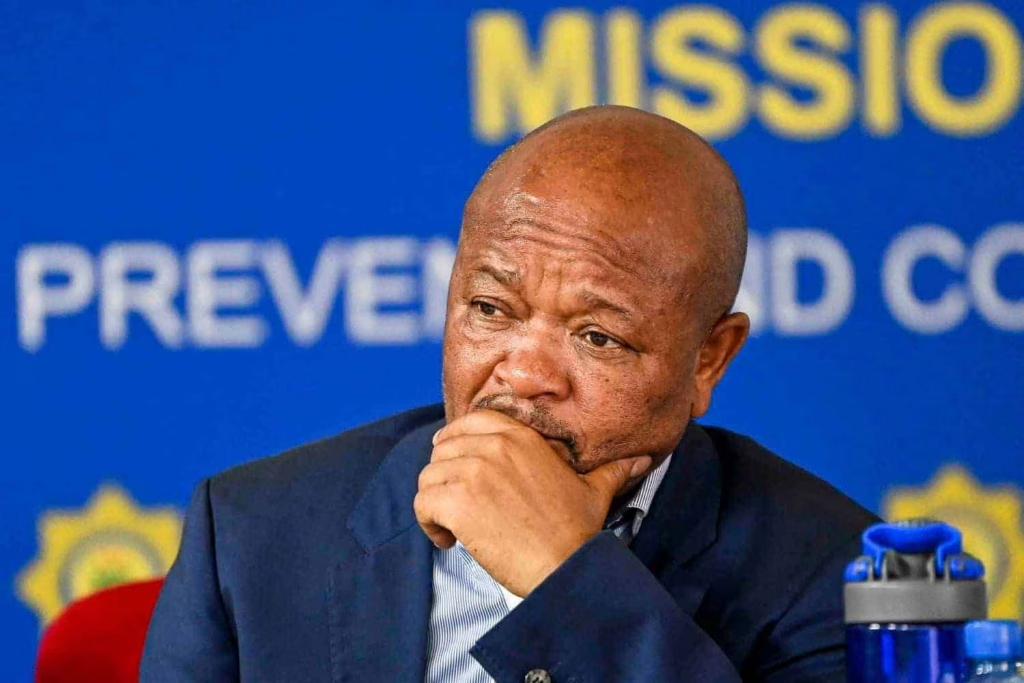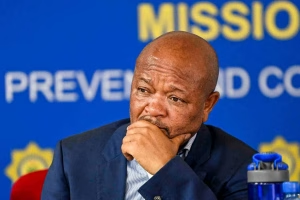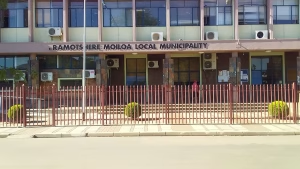
Senzo Mchunu’s testimony at the Parliamentary Ad Hoc Committee has left South Africa asking the hard questions: is the suspended police minister a man of conscience—or just another politician hiding behind bureaucracy?
Mchunu painted a picture of a nation drowning in crime, where every murder “has a name and a surname,” and every decision weighs heavily on a minister’s conscience. He invoked the Cape Flats, gang violence, broken budgets, and outdated police tech to justify his controversial directive to disband KwaZulu-Natal’s Political Killings Task Team (PKTT). On paper, it sounded noble: resources are limited, structures must be rationalised, and one team cannot fight crime alone.
But let’s be honest—these explanations raise more eyebrows than they close. The PKTT was credited with reducing political killings in KZN, yet it was quietly dismantled. No formal meetings with police leaders, no proper consultations—just fragmented briefings, WhatsApp messages, and analysts nudging him toward a decision. The optics are brutal: a task team doing its job, gone, leaving behind a trail of suspicion that crime suspects may have played a hand in its downfall.
Mchunu leaned heavily on the “new organogram” excuse, insisting the PKTT was never meant to be permanent. Yet, in a country where political influence often trumps procedure, South Africans are left wondering: was this a genuine governance decision—or a convenient cover-up for those wanting investigations derailed?
His testimony exposes the cracks in South Africa’s policing and politics: good intentions colliding with limited resources, bureaucratic chaos, and the inescapable shadow of political interference. Whether Mchunu emerges as a principled minister or a convenient scapegoat for political gamesmanship will depend on what comes next—but one thing is clear: the PKTT saga is a mirror reflecting the messy, often frustrating reality of policing in South Africa.






